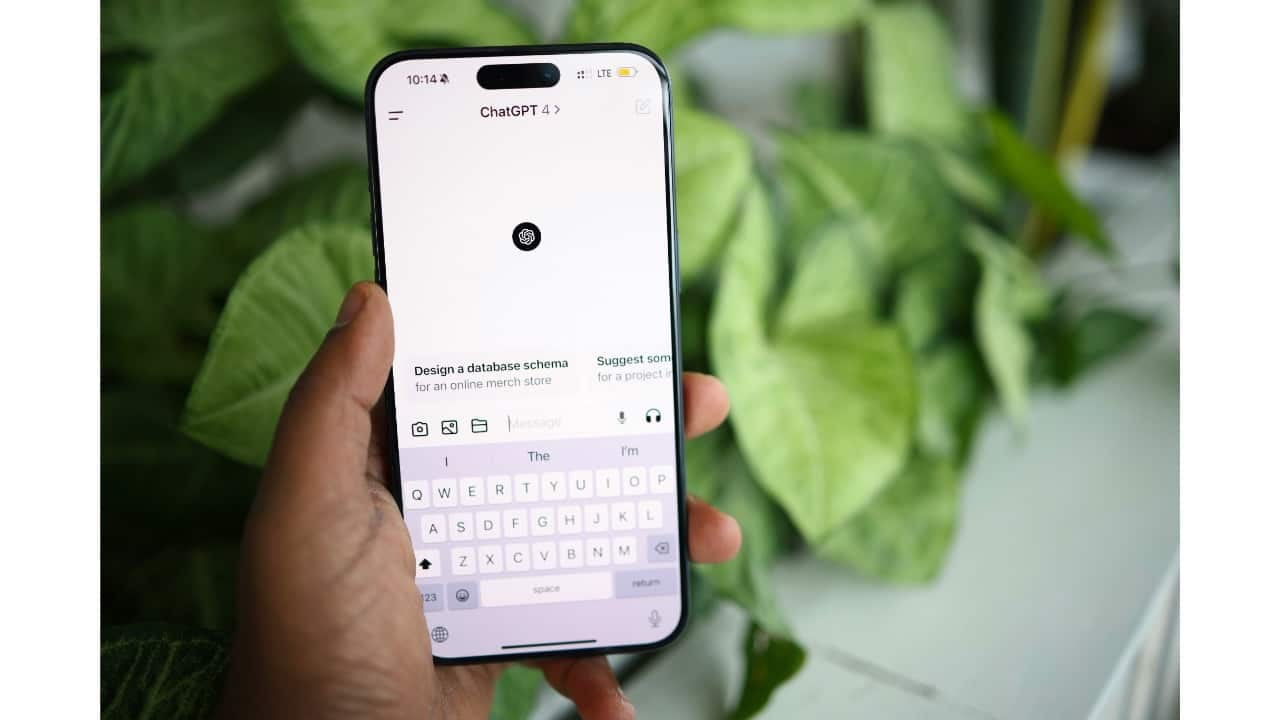Shocking Vulnerability Exposed: Your Lovense Sex Toy Might Be Putting You at Risk!

Ever thought your sex toy could jeopardize your privacy? A shocking discovery by a cybersecurity researcher has unveiled critical vulnerabilities in a popular app developed by Lovense, a leading name in the world of IoT-based sex toys. Not only did it expose private email addresses of users, but it also allowed hackers to hijack accounts. This is not just a tech glitch; it’s a full-blown security nightmare!
On July 28, under the alias BobDaHacker, the anonymous researcher revealed two alarming security flaws that could potentially affect anyone who created an account on the Lovense app. Imagine this: cam models, who rely on these devices for their work, could have their personal email addresses exposed without their consent. “We could have easily harvested emails from any public username list,” BobDaHacker noted in a revealing blog post. “This was especially bad for cam models who share their usernames publicly but obviously don’t want their personal emails exposed.”
This situation raises serious concerns about privacy in the age of technology. Lovense, which boasts over 20 million users and made headlines in 2023 for integrating OpenAI’s ChatGPT into its products, is now entangled in a web of vulnerability and user trust. The recent discovery underscores the inherent risks associated with IoT-based sex toys, especially in light of another alarming incident involving the Tea app, which suffered a significant data breach affecting 72,000 users last week.
But how did Lovense react to this revelation? According to BobDaHacker, they initially alerted Lovense about these critical flaws on March 26, earning a $3,000 reward through their bug bounty program. However, frustration brewed when Lovense allegedly requested 14 months to fix the issues. They were reportedly hesitant to push out an update that might inconvenience customers using older models.
“The email disclosure vulnerability was surprisingly straightforward once you understood the flow,” BobDaHacker explained. “The whole process took maybe 30 seconds per username manually. With the script we created to automate it, it took less than 1 second for a username to be converted to an email.” Fortunately, the company has claimed to have resolved the account takeover bug and plans to roll out a software patch for the email disclosure issue within the week.
This situation serves as a stark reminder of the vulnerabilities lurking in our increasingly connected lives. While Lovense has taken steps to address these concerns, it’s crucial for users to remain vigilant and aware of the potential risks associated with their devices.

























